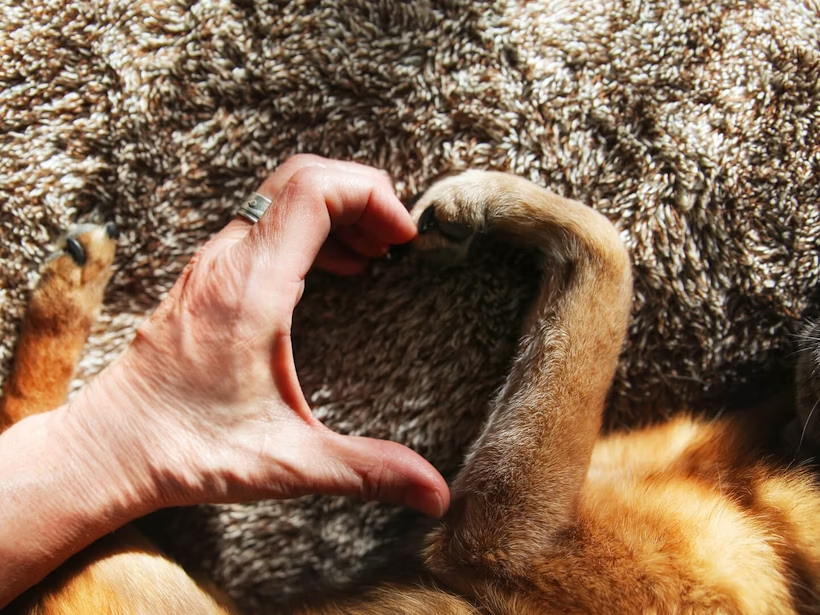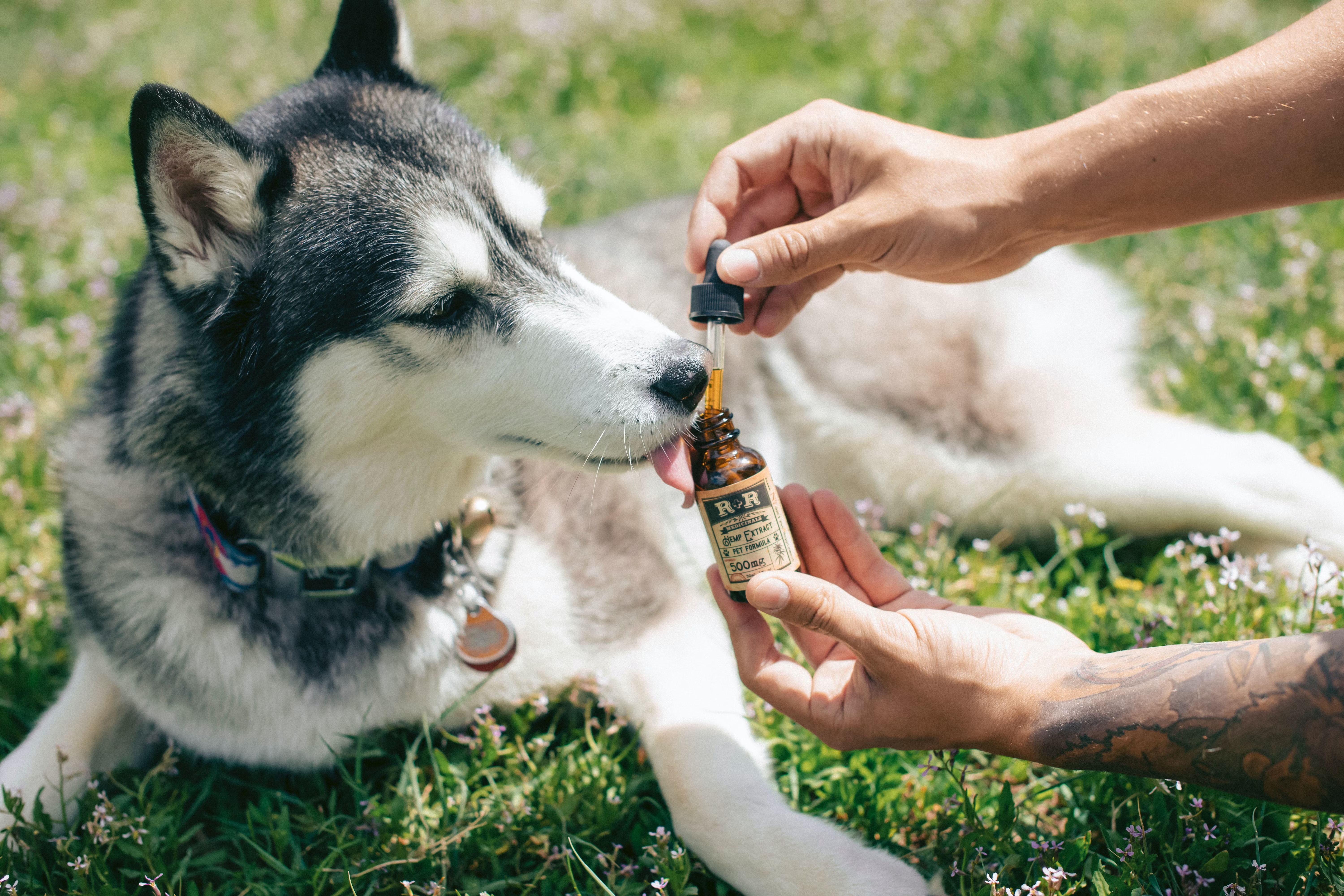Your cat stands on your chest at 5:57 a.m. every morning to remind you that the kibble should be hitting her bowl in three minutes. Your dog prances into your room moments before it’s time for his 4 p.m. walk. Examples like these make it easy to believe that pets have a precise sense of what time it is. But do they really understand the concept of time or the passage of hours or days? The answer, unfortunately, isn’t entirely clear.
As humans, our understanding of time is closely linked to our memories of the past and our ability to anticipate and predict events in the future. Our pets, however, have no ability to reflect back fondly on the day you accidentally fed them two dinners, or excitedly look ahead to this afternoon’s trip to the beach. So without being able to tether events to moments in time, how do they seem to know exactly when you’re due home from work every day, or when their next mealtime is? There are a few possible explanations.
First, dogs and cats have internal clocks—or circadian rhythms—that regulate hormones, body temperature, and brain activity. So while we might think our pet "knows it’s dinner time," they might actually just be reacting to the biological signals their bodies give them at that particular time of day.
We also know that pets are extremely routine-oriented. They don’t assign times to events, but they do pick up on cues and notice patterns. Meaning, your pup doesn’t know that 9 a.m. is when you go to the dog park, but they may have pieced together that after you take a shower and get dressed, you grab the leash and the ball chucker.
There is, however, reason to believe pets can tell the difference between intervals of time (even if they don’t comprehend those intervals in minutes and hours). A 2010 study observed how dogs reacted to their owners returning home after 30 minutes, 2 hours, and 4 hours. The results showed that dogs greeted their owners more enthusiastically the longer they’d been left alone. This indicates that dogs can tell the difference between when you run out to do a quick errand and when you’re gone for a full day of work.
So in summary, it’s unlikely your dog or cat truly knows what time it is. But try telling that to them the next time you’re ten minutes late serving breakfast.




